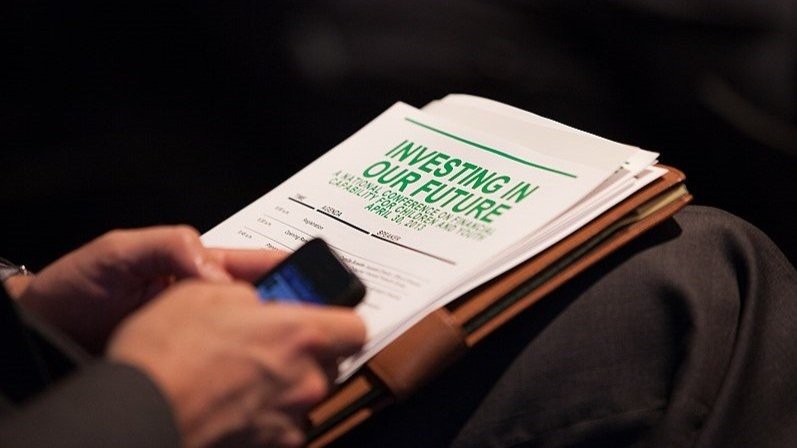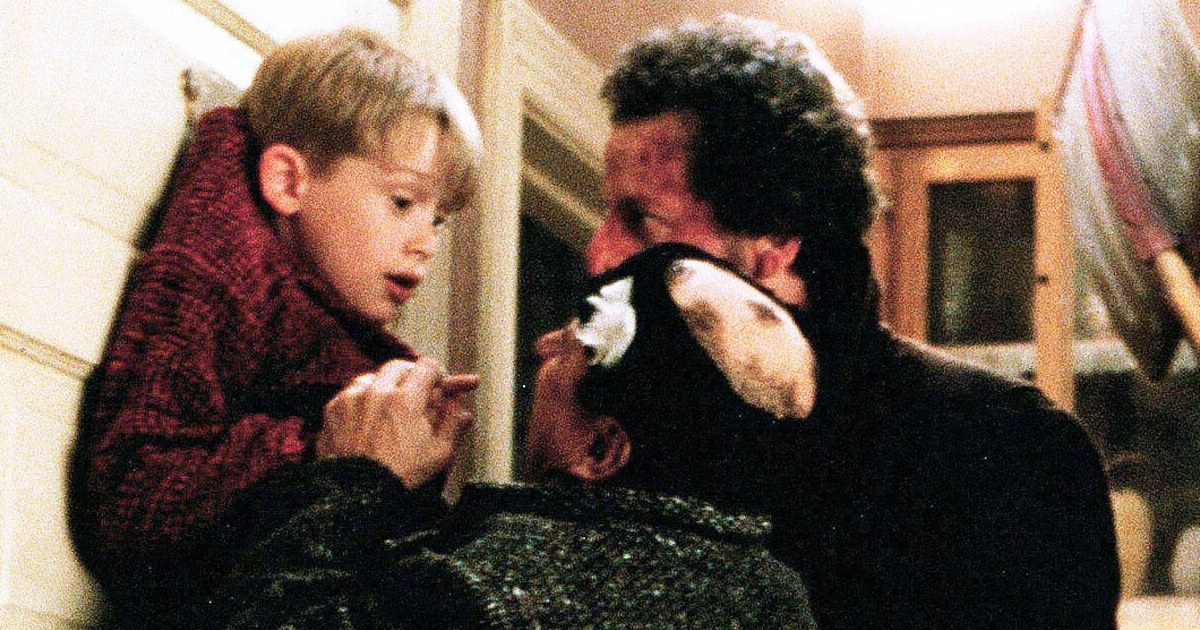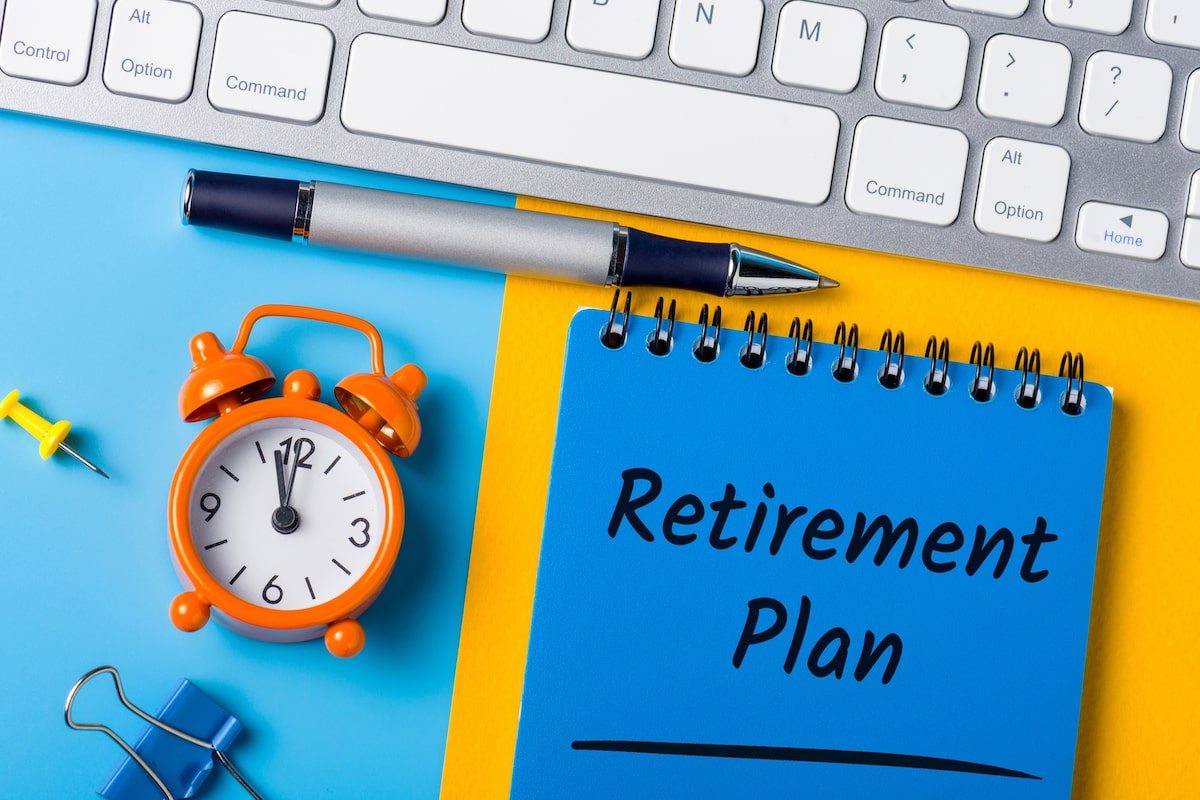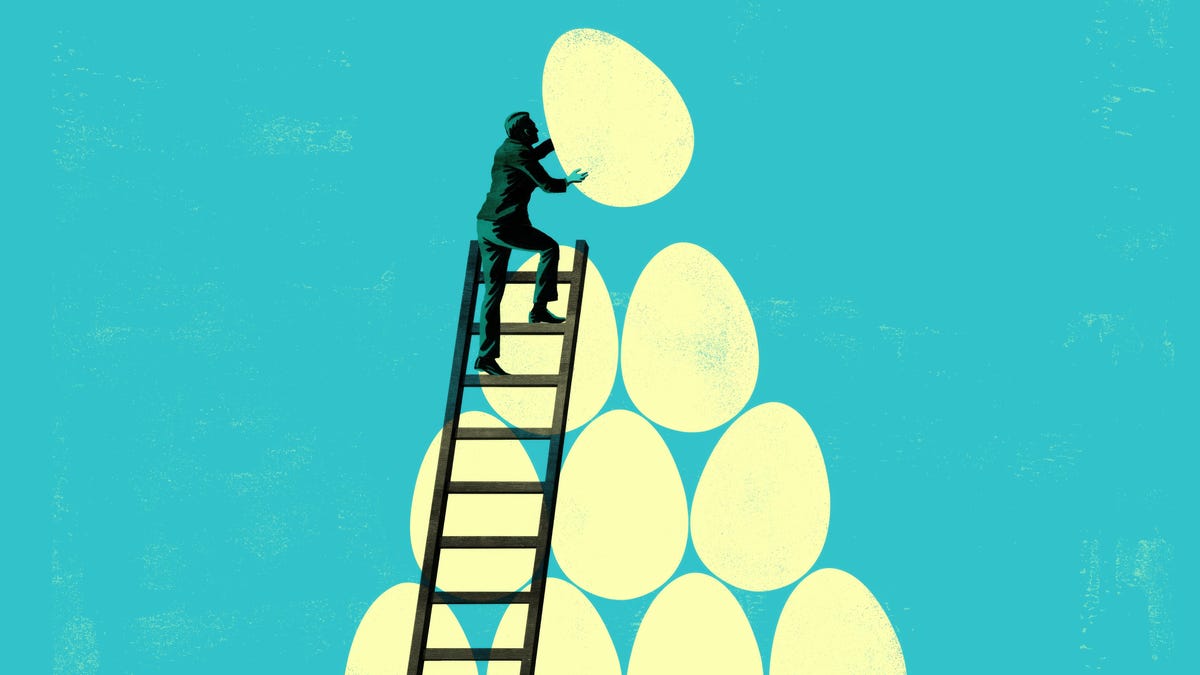Commitment to Our Readers
GOBankingRates’ editorial team is committed to bringing you unbiased reviews and information. We use data-driven methodologies to evaluate financial products and services – our reviews and ratings are not influenced by advertisers. You can read more about our editorial guidelines and our products and services review methodology.
- Meeting Your Financial Goals in 2025 | The Source Weekly
- Best CD Rates for January 2025: Secure Top Returns
- Bitcoin to $350,000: Mining Costs and Institutional Money Point to Massive Rally Ahead
- Joe McQuaid of Concurrent on his advisor tech choices
- Tax Talk with a Baseball Star’s Wife! Surprising Financial Insights Revealed!

20 Years
Helping You Live Richer
Bạn đang xem: 6 Signs Your Spending Habits Is Setting You Up for Financial Ruin


Trusted by
Millions of Readers
Financial stability doesn’t happen by chance. It’s a result of good money habits. However, certain overlooked spending habits can lead to financial disaster.
Here are some warning signs that your spending habits may be setting you up for financial ruin and what you can do to fix them.
Living Beyond Your Means
Do you often spend more than you make? If so, you’re living beyond your means. Things like “regularly using credit cards to cover basic expenses or maintain a lifestyle your income doesn’t support is a warning sign. This creates a cycle of debt, with interest compounding over time, making it harder to break free,” said Melissa Pavone, founder of Mindful Financial Partners.
Solution: Create a budget that prioritizes needs over wants and track your spending. The 50/30/20 budgeting methodis perfect for assigning a job every dollar, which can help you live within or below your means.
Xem thêm : Expert predictions for wealthtech and financial planning in 2025
Discover Next: 5 Generational Wealth Myths You Probably Believe, According to Rachel Cruze
Mindless Spending
Regularly buying something without considering if you truly need it can quickly eat away at your finances without realizing it. “It’s never been easier to pay for things. Tapping your credit card at the store or one-click purchasing on your phone takes away the friction from spending money,” said Ben McLaughlin, president at Raisin.
Solution: “I recommend disabling one-click payments at the very least so that you give yourself some extra time to consider if you really need to make that purchase or not,” added McLaughlin.
Impulse Buying
Have you ever bought something you hadn’t planned for? Or purchased sale-priced items you don’t need because you saw them as a bargain? That’s impulse buying, a dangerous spending habit that can wreak havoc on your financial health.
“Impulse purchases often provide a temporary boost of happiness — short term — but can lead to feelings of regret and strain on your budget — long term. Over time, these small, seemingly harmless purchases can add up to significant amounts, diverting money from priorities like saving, investing, or paying down debt,” said Pavone.
Solution: Pavone suggests being mindful of your purchases. “Before making an unplanned purchase, wait 24 hours. This gives you time to reflect on whether the purchase aligns with your goals or is truly necessary. Also, allocate a specific amount each month for guilt-free spending.”
Shopping as a Habit
If you often shop as a habit rather than a necessity, your financial health is in trouble. “Shopping has become a habit for many of us. Especially during times of uncertainty, shopping can become a coping mechanism to get a temporary hit of dopamine. While it may feel good in the moment, it can also sabotage your personal goals if gone unchecked,” said McLaughlin.
Solution: Setting specific shopping days can help you break this cycle. Additionally, identify emotional triggers that drive this habit and replace them with healthier habits.
Maxing Out Credit Cards
If you often max out your credit cards each month to pay for essentials like groceries and rent, you probably live paycheck to paycheck.
“The tendency to prioritize discretionary spending above paying bills on time or to overlook them is another serious warning flag,” said Hector Castaneda, CPA principal at Castaneda CPA & Associates. “In addition to hurting your credit score, this behavior may lead to an accumulation of overdue payments.”
Solution: Castaneda suggests setting up a budget that tracks your earnings and expenses is important. To ensure a balanced strategy, put money aside for savings, necessities, and discretionary spending. Additionally, use cash or a debit card for everyday transactions and aim to pay off credit card balances in full each month to prevent accumulating debt.
No Emergency Fund
“If you do not have an emergency savings fund you are putting yourself at great financial risk. Serious, unplanned expenses can happen at any moment and can potentially set you back hundreds or even thousands of dollars,” said Rod Griffin, senior director of public education and advocacy at Experian.
Solution: “Setting aside savings helps turn a financial emergency into just an unexpected expense and can help prevent financial calamity. Determine the amount you would feel most comfortable having set aside for an emergency and start to save towards that goal,” added Griffin. As a general rule, you need at least three to six months worth of living expenses as an emergency fund.
Nguồn: https://horizontalline.icu
Danh mục: News









